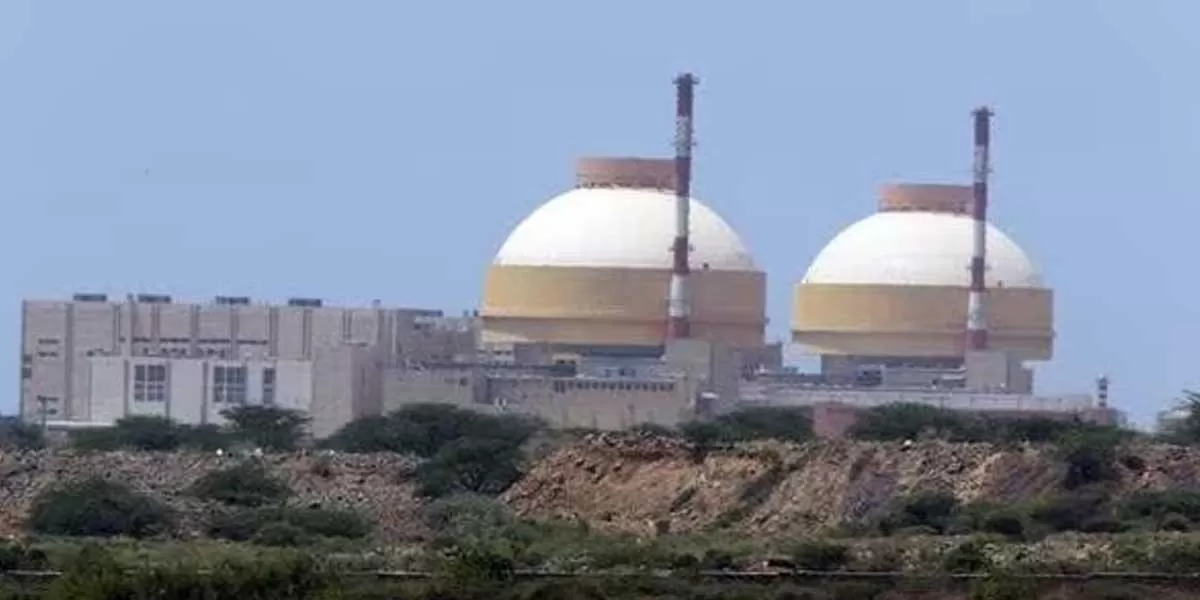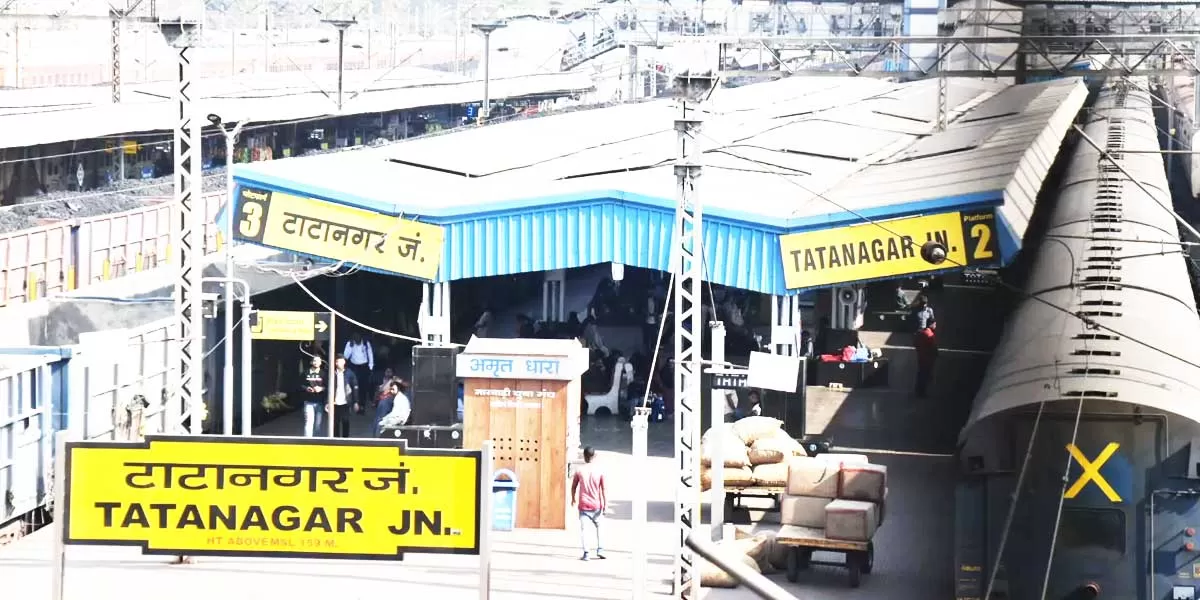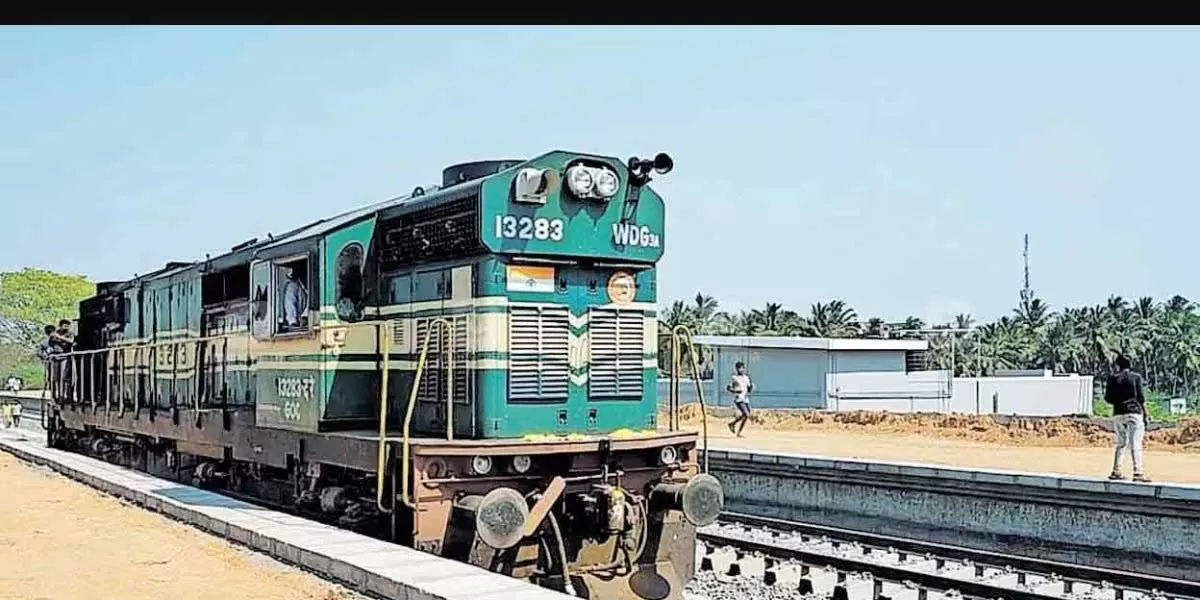


Ranchi, Hatia & Tatanagar railway stations to be redeveloped at Rs 11 Bn
The central government has allocated Rs 11.4 billion for the redevelopment of three major railway stations in Jharkhand—Ranchi, Hatia and Tatanagar. Railway Minister Ashwini Vaishnaw shared this update via video conferencing on Monday, February 3, 2025. “The redevelopment will enhance passenger amenities, improve connectivity and modernize infrastructure,” Vaishnaw stated. At Hatia station, a second entry gate is under construction in the western section, along with residential blocks. The relocation of offices is also in progress. Rs 3.5 billion has been set aside for these develop..

Successful Electric Locomotive Trial Conducted On Madurai-Bodi Route
The Madurai Railway Division successfully conducted a light engine trial on Sunday using an electric locomotive along the newly electrified section between Madurai and Bodinayakkanur. The locomotive departed Madurai Junction at 10:57 AM and reached Bodi at 12:33 PM, marking a significant step toward the commencement of electric traction on the route. Railway sources confirmed that the section is set to begin electric operations from February 4, as all necessary preparations have been completed. Ahead of the trial, the division energised the section, including the overhead equipment (OHE) ..

Rs 46.41 Bn Allocated To Uttarakhand In Rail Budget
Railway Minister Ashwini Vaishnaw said that Uttarakhand has been allocated Rs 46.41 billion in the Rail Budget, which will strengthen the rail network in the state. Addressing journalists from Uttarakhand and other states virtually, Vaishnaw said an amount of Rs 2.52 trillion has been allocated to the railways in the budget. Uttarakhand has been allocated Rs 46.41 billion for various rail projects in the 2025-26 budget, he added ..













